Samurai Selling
The Orient Express has arrived, and it’s headed straight to the garden center! Consumers are turning east and replacing color and complexity with subtlety and sand. Maybe it’s the low maintenance and low water usage of rocks, sand and sturdy greenery. But more likely it’s because the stressful lives we lead are calling for a place to recover and find our balance, a garden of orderliness and quiet simplicity to escape the hustle and bustle of our chaotic schedules. Lawn and garden retailers can cultivate a thriving business by understanding this trend and serving up serenity.
Basic Principles
First let’s understand some basics. Gardening is a very reverent art form in Asia with strong roots in their religion and a time-honored way of life. Gardens and all things in them have meaning and purpose, which creates a kind of beauty that is deeper and subtler than the explosion of color typical of Western gardens. There are two main approaches to Eastern gardening: Japanese Zen (simplicity) and Chinese Feng Shui (the art of arrangement).
Japanese gardens are designed around the core idea of quiet contemplation, so landscaping and accents are minimalist and calming. The overall feeling of serenity is accomplished by using subtle earth tones in sand, rocks and greenery. Some essential décor accents to carry in your store are stone water basins and fountains, known as “tsukubai” or “chezubachi,” often accompanied by bamboo ladles or spouts. River rocks and sand are essential elements of a Japanese garden, while stone or paper lanterns and wind chimes are also in high demand. Bamboo is a staple material for a trellis, fountain or screen. As for plants, go for the greenery fern, azalea, juniper, jasmine, ornamental grasses and maple are all strong sellers. Plants must not be high maintenance but provide a muted color palette year-round.
While Japanese gardens strive to minimize elements, the Chinese art of Feng Shui is all about maximizing elements for prosperous energy flow. Feng Shui is a very popular interior decorating method, that has moved outdoors as a natural extension of the indoors. With the correct placement of color and symbols of the five elements (fire, water, earth, metal and wind), you can bask in the energy of everything from monetary abundance to longevity. Or you can fend off unwanted influences that create unhappiness and chaos. Feng Shui is a complex system, often requiring some study or the help of a Feng Shui master. A garden retailer does not need to know all the ins and outs of energy, but you should be aware of some basics and what supplies to carry. Feng Shui does have explosions of color in plant life, but not the mixed colors found in Western gardens. Solid blocks of color placed in strategic areas are used to promote everything from clarity to calmness. As a garden retailer, you don’t need to carry special flowers, just the usual colorful ones already in stock. But carrying garden accents from all five elements has a bountiful effect: add-on sales. If a customer asks for a stone fountain (water), then you should also help them complete the other four elements by showing them lanterns (fire), wind chimes (wind), rocks (earth) and gongs (metal).
Practical Applications
The art of placement also translates in merchandising your store. Julia Paul of American Takii, one of Asia’s leading flower breeders, stresses the effectiveness of having an “idea garden” that shows the uses and placement of Asian accents. She adds, “The more ideas customers can work with and the more they see, the more their own imagination kicks in and they fill up their cart.” Clare Argast of Max & Hildy’s Garden Store in Portland, Ore., talks up “superstitious plants” such as Lucky Bamboo and the Money Tree as very popular sellers. As a retailer with a little bit for everybody, Max & Hildy’s also sells by placing all its Asian accents in one area. “Plus, they don’t mix well with St. Francis,” she quips.
Statuary is always a best seller that can instantly add Eastern ambiance. Gods and goddesses such as Buddha and Quan Yin are very popular, as are icons from India such as Gonesh, Lakshmi and Vishnu. Buddha symbolizes peace and harmony, while a pair of cranes means long life. Fu dogs are also an exotic touch not seen at many nurseries.
There are some great books that might be very useful for your customers and help you with add-on sales. The Feng Shui Garden by Gill Hale and Feng Shui in the Garden: Simple Solutions for Creating a Comforting, Life-Affirming Garden of the Soul by Nancilee Wydra come highly recommended by the people at American Takii.
In Japanese, Samurai means “to serve.” In sales, it means you are serving your customers’ needs in the very best manner you can. Whether it’s Taoism, Zen, Feng Shui or a combination of all three, it’s about balance and harmony in nature. There is serenity in simplicity, and sales in going Asian.



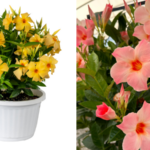


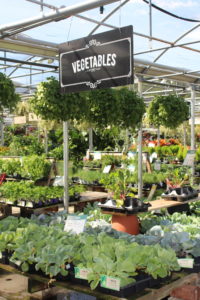
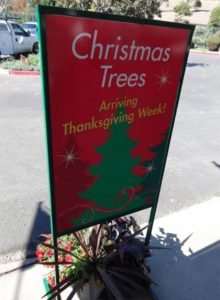
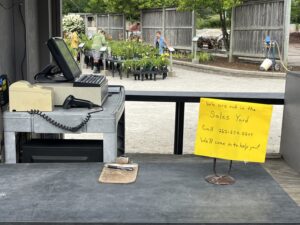
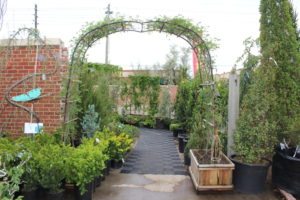
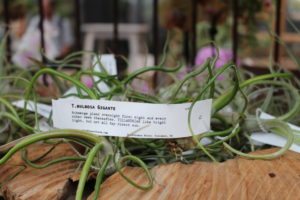
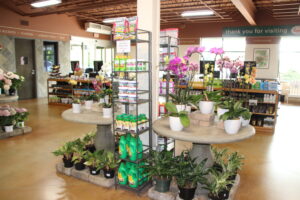
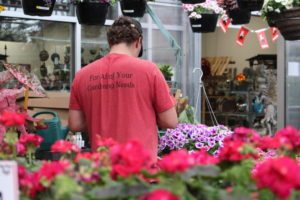
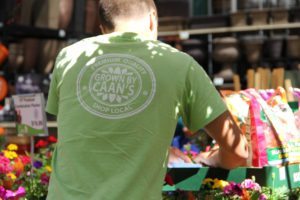
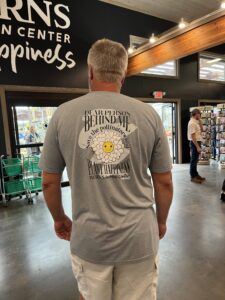

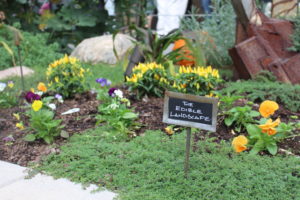

 Videos
Videos





